
views
Controlling the Urge to Buy Games

Avoid spending time in gaming forums and communities. Online video game forums are fun but unfortunately, new game launches are a big topic in most of them. Reading these posts and taking part in conversations will fuel your desire to buy new games. Many forums include links for buying and pre-ordering new games, which makes impulse buying even harder to control.
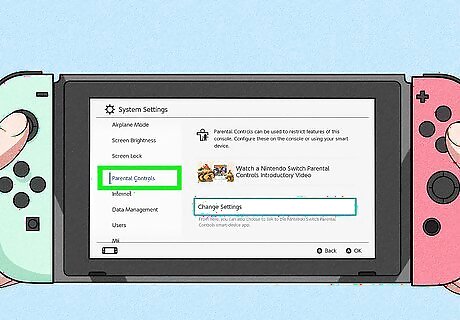
Set up device or console controls to prevent game purchases. Controls are mostly for parents, but there’s no reason why you can’t set them up for yourself. Setup depends on the device, platform, or console you’re using, but you can find options in the “Settings” menu. You can require authentication (forcing you to input a password before you can check out), disable in-app purchases, or remove your payment method so you can't buy anything. You will know the work-arounds for these controls, of course, but they can make you stop and consider what you're about to do. If you can’t figure out how to set up controls, check the FAQ section on the device or console’s website or call their customer service department.
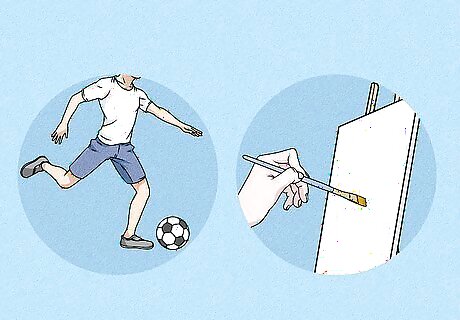
Get involved in other activities that aren't video game related. Gaming is a blast, but there are lots of other cool activities you can try that have nothing to do with video games. Explore other hobbies and activities to replace the time you used to spend on gaming. For example, join a sport, club, or youth group if you’re still in school. If you aren’t in school, consider signing up for a community college or online class to learn something new, like cooking or marketing. You can also seek out activities that are fulfilling in similar ways to your favorite games. For instance, playing paintball instead of a shooter-style video game, or trying out tabletop RPGs instead of computer RPGs.
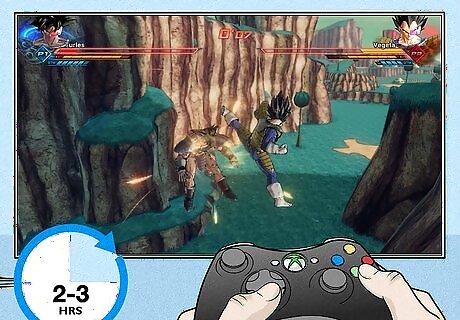
Set a timer to prevent yourself from binging a game in one session. It's easy (and fun) to keep powering through a game as the hours pass by. Before you know it, it's 5am and you've already "beat" your brand new game. If you avoid binging, it will take longer for you to get through each game and you won't need to buy so many of them. Set a timer on your phone and limit yourself to 2 or 3 hour sessions at a time time. When the timer goes off, force yourself to turn off the game right then. If you start bargaining with yourself for one more level, you'll probably ending up binging.

Seek out treatment if you can't get the urge to buy games under control. Don't be ashamed if you can't do this by yourself! Addiction to buying and playing games is more common than you think and most people can't combat addiction alone. Make an appointment with a doctor or therapist who specializes in addiction and explain what you're going through. A doctor will help you come up with a treatment plan that's right for you. If there's an underlying cause for your addiction, like depression or obsessive compulsive disorder, your doctor will diagnose and treat that cause. Cognitive behavioral therapy is often recommended for video game addiction. If you're a teenager, talk with your parents about therapeutic boarding schools and wilderness camps that specialize in treating addiction. Short-term inpatient treatment can help you get on the right track if your addiction is particularly severe.
Saving Money on Games
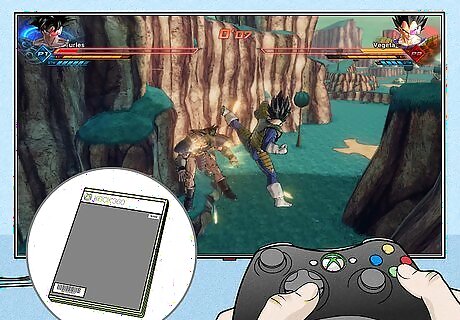
Focus on completing games you already own. New games come out constantly and it’s normal to be curious about them! Unfortunately, this curiosity often leads to impulse buying and a stack of games collecting dust. Make a deal with yourself to play and “beat” all the games you own before considering any new ones. If you use a digital platform for gaming, check your “Recent Purchase History.” If you see a long list of games that you haven’t touched yet, close out and don’t buy that new game.
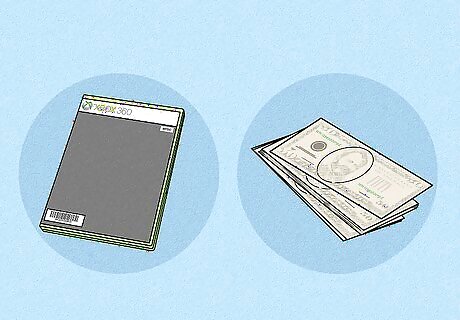
Resell or trade in games and use that money to buy new ones. If you buy physical games, you can save a lot of money by reselling the ones you finish on eBay, in a gaming community, or through another platform. Then, use that money to buy new games! You can also trade your games in at local gaming stores for store credit and use that to buy games. Consider checking out the "used games" section of your local gaming store or on eBay to save money on games. These games may not be "new," but they're new to you.
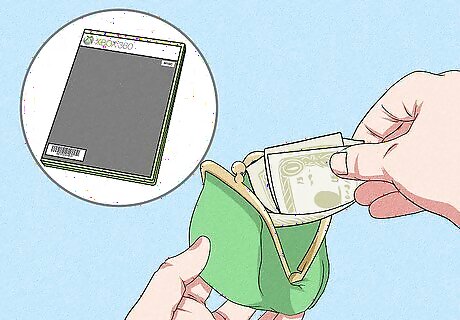
Save up for games that you really want instead of buying cheap games. It’s hard to stop yourself from buying new games when they’re on sale—the price seems like such a good deal! Eventually, you end up with a bunch of subpar games that you’re not all that interested in playing. Get more bang for your buck by only allowing yourself to buy games that you’re really excited about. Research games first to make sure they're really worth your money. Purchases feel more meaningful when you’re selective about what you buy.
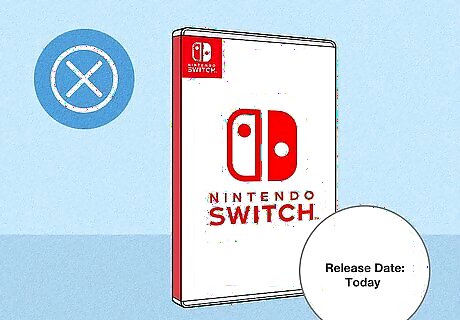
Avoid new launches and wait for the better and cheaper version. The anticipation, hype, and online chatter surrounding a new launch is easy to get swept up in! Keep in mind that most new games are pretty flawed when they first come out. If a game sells well, the makers usually release an improved version of the game with bonus material and other goodies about 6 months later. The price tag for this is a lot cheaper! After a game launches, creators quickly revamp the game after getting feedback from users and usually try to get the re-release out that same year.
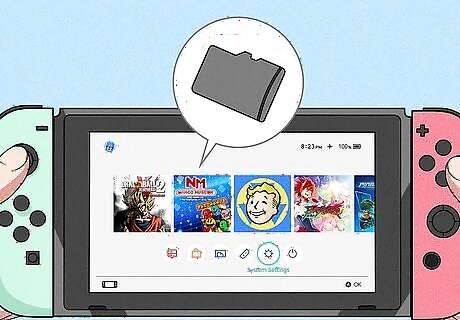
Limit your time on digital gaming platforms. Digital gaming platforms like Steam are very convenient, but you never really own anything you buy on these platforms. You don’t have physical copies of the games, you can’t trade them in or resell them, and digital versions usually have fewer bonus goodies. If you can’t resist buying digital games, wait for a seasonal sale! Steam usually has sales around Halloween and Christmas.
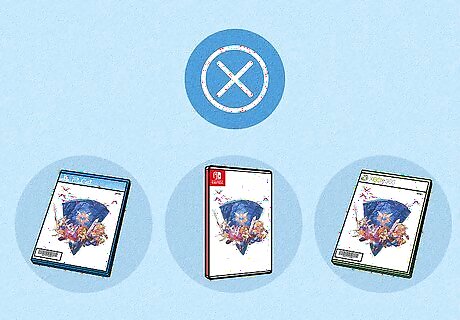
Avoid buying copies of games to play on different platforms. It can be hard to resist buying an old favorite when the game is re-released on a new platform and has updated features! You may love a certain game, but do you really need to play it on every device or console? For example, over the years, Final Fantasy III has been released on PlayStation, Game Boy Advance, and PS Vita, to name a few. Keep in mind that you can always play the original version and borrow the updated version from a friend.




















Comments
0 comment